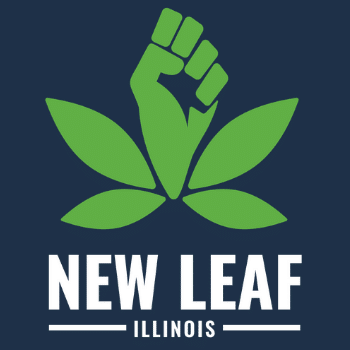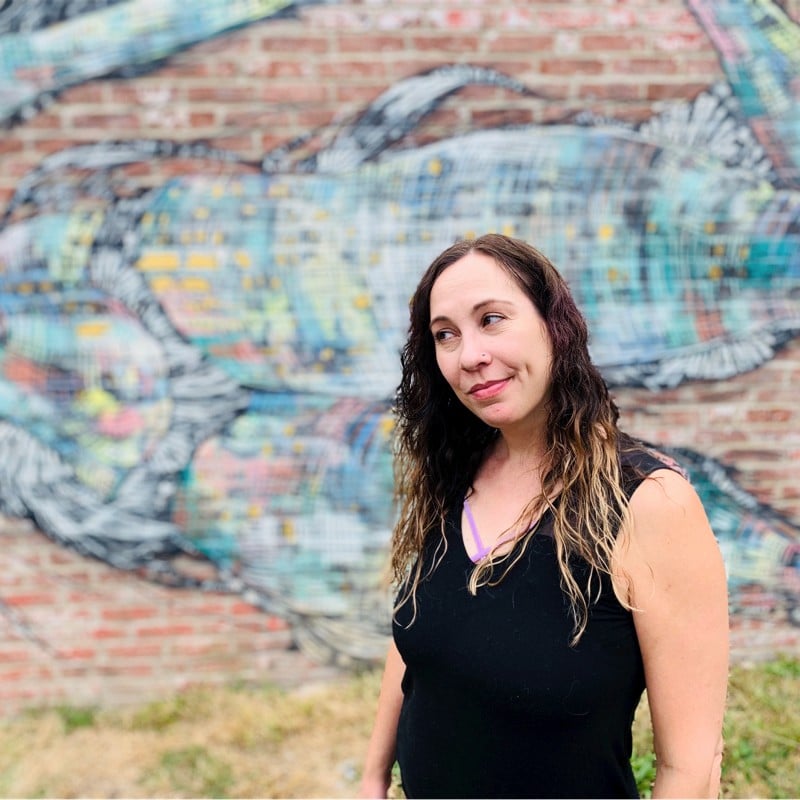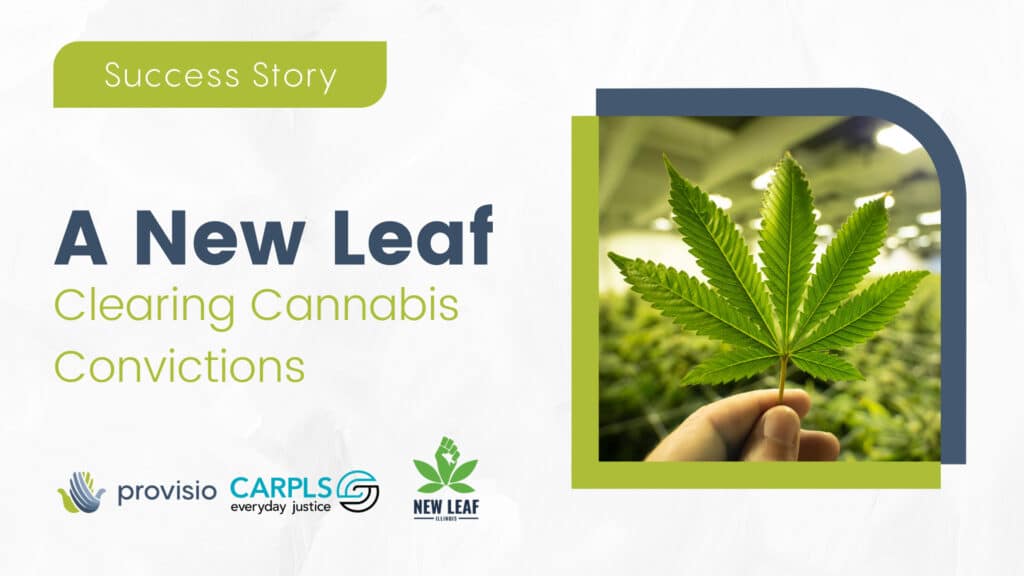How do we as Americans cope with all the uncertainty and stress that we must face on a daily basis? While some enlightened folks might practice meditation soaking in a detoxifying salt bath, sipping an avocado chia smoothie, others might indulge in a party-sized bag of Doritos Flamin’ Hot Limon Tortilla chips. We definitely can’t expect everyone to follow the same self-care path, but what I think we can all agree on – despite how different our views seem to be – is the necessity to take of yourself, and for some, this may include marijuana.
One of our clients is CARPLS, Cook County’s largest provider of free legal services, for whom we designed their Cannabis Expungement Project website. Their program, New Leaf Illinois, is a network of 20 nonprofit organizations throughout Illinois who provide legal representation and resources to help Illinois residents seeking to expunge cannabis convictions from their records. CARPLS is the hotline and front door for a much larger network led by the Illinois Equal Justice Foundation. Their efforts will help thousands of people begin the process of expunging their cannabis arrests and court cases, allowing them to move forward with better employment and housing opportunities.

According to Forbes contributor, Kevin Murphy, from 2001 to 2010, 8.2 million people were arrested for marijuana law violations, and 88% of those were for possession of small amounts of cannabis. It’s also well documented that African Americans are far more likely to be arrested for violations than white people are.1 These statistics demonstrate how crucial CARPLS services are for those seeking support in their journeys. There is a tremendous need – especially among minority communities – for legal aid to help people navigate the system if their records were not automatically expunged. The New Leaf Illinois Network will provide free services to income-level qualifying individuals in Illinois.
The 2019 Cannabis Regulation and Tax Act law ended cannabis prohibition and set aside a portion of tax revenue generated from the legal sale of marijuana toward the expungement process; a portion of these funds are given as grants to the New Leaf organization to provide legal services. I know that the cannabis taxes are quite high in the state, so you might be tempted to road trip to Michigan or use “alternative” sources, but do you really want to get illegal weed from your neighbor’s landscaper’s sketchy cousin? Having grown up under the watchful gaze of “just say no” First Lady Nancy Regan, I’ve never been much of a partaker (excuse me while I sip this Manhattan), but it’s nice to know that if I did, a large percentage of the taxes I’d pay would go to the expungement process and the Recover, Reinvest, and Renew Program.2 This program funds grants for violence prevention, reentry, youth development, economic development, and civil legal aid services in vulnerable communities.3
If you are interested in learning more about the New Leaf program or how you can donate to their life-changing mission, click New Leaf Portal.
Sources
-
Murphy, K. (2020, March 5). Retrieved from Forbes: https://www.forbes.com/sites/kevinmurphy/2020/03/05/record-expungement-is-a-necessary-component-of-cannabis-legalization/?sh=48fe6c3773e2
-
Overview of the Illinois Cannabis Regulation and Tax Act (2020), Retrieved from Marijuana Policy Project: https://www.mpp.org/states/illinois/overview-of-the-illinois-cannabis-regulation-and-tax-act
-
Restore, Reinvest, and Renew Program, (2020) Retrieved from the Illinois Justice Project https://www.iljp.org/r3program

Marjorie lives in Saint Louis, Missouri. She received her Master’s degree in English from Truman State University. Her responsibilities at Provisio Partners include content creation and technical writing.

